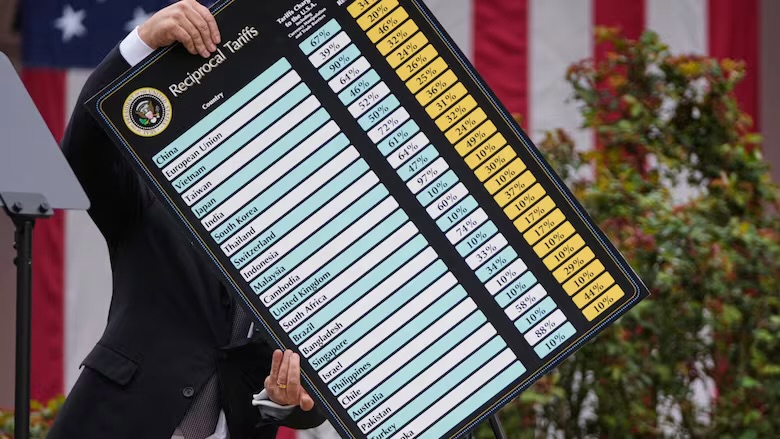The spring air in Surrey, B.C., still held a chill on the morning of March 21, 2025, but for one man, the cold came not from the weather, but from the weight of justice catching up after years in the shadows. Mohammad Jawaid Aziz, a 67-year-old resident of the quiet suburban city, was arrested by U.S. authorities just across the border in Washington state. His alleged crime? A secretive, years-long operation that spanned continents and crept through the cracks of international law.
For fifteen years, according to U.S. prosecutors, Aziz had been orchestrating a covert pipeline—one that funneled restricted military technology and dual-use equipment from the United States to Pakistan. Not for commercial use, nor for benign scientific research, but allegedly to bolster Pakistan's military and, more alarmingly, its nuclear weapons program. The arrest wasn’t just the culmination of a single investigation—it was the dramatic climax of a long, quiet pursuit by law enforcement officials on both sides of the border.
The U.S. Department of Justice revealed that Aziz now faces serious charges, including conspiracy and violations of export laws designed to prevent sensitive technologies from falling into the wrong hands. If convicted, he could spend up to 20 years behind bars—a stark contrast to the quiet life he appeared to lead in Canada.
Canadian media outlets quickly picked up the story, painting a picture of a man who had, for over a decade, allegedly walked the line between everyday life and international subterfuge. The goods he’s accused of smuggling weren’t just spare parts or outdated components—they were military-grade, often classified as dual-use, meaning they could serve both civilian and military purposes. In the wrong hands, such technology can tip the scales of global power.
The arrest occurred as Aziz attempted to cross the U.S.-Canada border, a routine act that turned into a high-stakes sting. It remains unclear whether he was aware of the net closing in around him, but by the time he reached the checkpoint, U.S. authorities were ready.
Now, as the legal process unfolds, questions swirl on both sides of the border. How did such a scheme operate for so long? Who else might have been involved? And what safeguards need to be strengthened to prevent similar breaches in the future?
For now, Mohammad Jawaid Aziz waits in custody, his fate resting in the hands of a justice system tasked with untangling the complex web of international law, national security, and the shadowy world of military technology smuggling. The story is far from over, but its opening chapter has already left a mark—reminding the world that sometimes, the most dangerous threats don’t come with fanfare, but with quiet persistence and years of secrecy.









